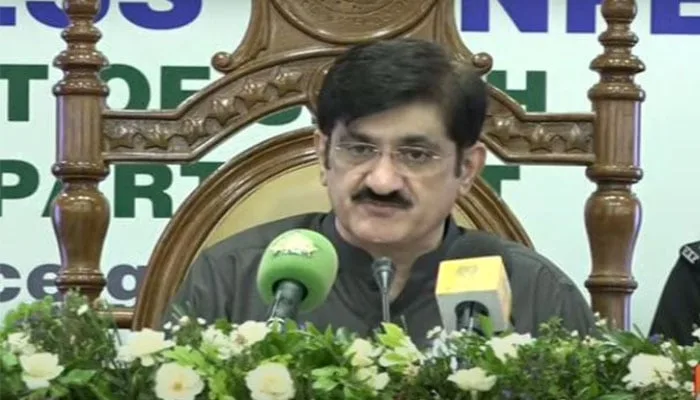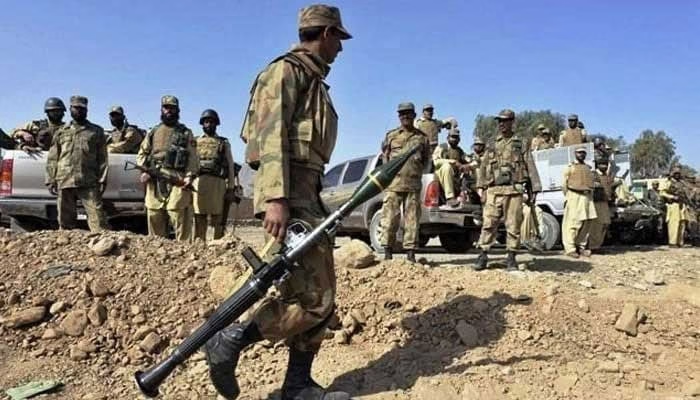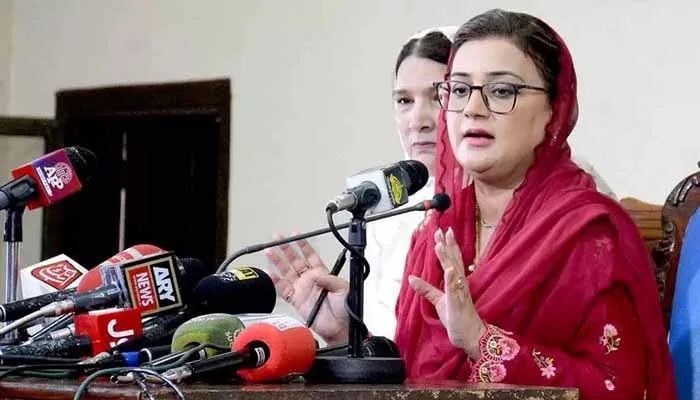Karachi: Sindh Chief Minister Murad Ali Shah has held the caretaker government responsible for the delay in completing various development schemes in the province. During a post-budget press conference in Karachi, Shah discussed the implications of these delays and outlined the government’s future plans to address them.
Impact of Caretaker Government on Development
Murad Ali Shah highlighted that the closure of development schemes during the tenure of the caretaker government resulted in a significant slowdown. He emphasized that no new schemes were included in the current budget and that the focus would be on completing existing projects. Despite these challenges, Shah noted that Sindh’s development budget remains the highest compared to other provinces. The current term’s budget is 34% higher than the previous budget, reflecting the government’s commitment to achieving its financial targets and promoting growth in the coming year.
Budget Priorities and Increases
Addressing the budget priorities, Shah mentioned that 70% of the current revenue expenditure is allocated to salaries. He announced a 30% increase in salaries for employees from grade 1 to 6, ensuring that a grade 1 civil servant in Sindh will now earn 37,000 rupees. This increase is part of broader efforts to support public sector employees.
Rehabilitation and Infrastructure Projects
Significant steps have been taken in the budget to rehabilitate flood victims, with 25 billion rupees allocated to the People’s Housing Scheme and 8 billion rupees set aside for the Hari Card. The federal government has also committed 25 billion rupees for the K-4 project, while Sindh has allocated 170 billion rupees for the construction of a pipeline system connected to K-4. The K-4 project, which is divided into three parts, aims to improve water supply and infrastructure, ultimately benefiting the residents of Sindh.
Growth Targets and Revenue Collection
Murad Ali Shah acknowledged that the province could not meet its growth rate target for the current financial year. He also expressed concerns about achieving the 3.5% growth rate target for the next year but affirmed the government’s determination to strive towards it. Additionally, the Sindh Revenue Board has set a target of 350 billion rupees for the next year, reflecting the government’s focus on enhancing revenue collection.
Addressing Corruption Allegations
During the press conference, a journalist raised concerns about corruption and commissions hindering work in Sindh. In response, Chief Minister Shah defended his government, stating that the people of Sindh do not share this negative perception. He emphasized that the electorate had chosen his administration and acknowledged that while problems exist, the government is committed to addressing and resolving them.
Commitment to Development and Growth
Murad Ali Shah’s remarks underscore the Sindh government’s commitment to completing ongoing development projects and improving public infrastructure despite the setbacks caused by the caretaker government. The significant budget increases for salaries, housing, and infrastructure projects highlight the administration’s dedication to addressing the needs of its citizens and fostering economic growth.
Challenges and Future Outlook
The challenges posed by the delays in development schemes have not deterred the Sindh government from setting ambitious targets for the future. The focus on existing projects, coupled with strategic investments in key areas like housing and water supply, aims to provide tangible benefits to the people of Sindh. The government’s efforts to enhance revenue collection and achieve growth targets reflect a forward-looking approach to economic management.
Chief Minister Murad Ali Shah’s criticism of the caretaker government underscores the importance of continuity and consistency in implementing development projects. The Sindh government’s budget priorities for the upcoming year demonstrate a balanced approach to addressing immediate needs while laying the groundwork for long-term growth. As the province navigates the challenges ahead, the focus will remain on completing vital projects and achieving economic stability for the benefit of all its residents.



